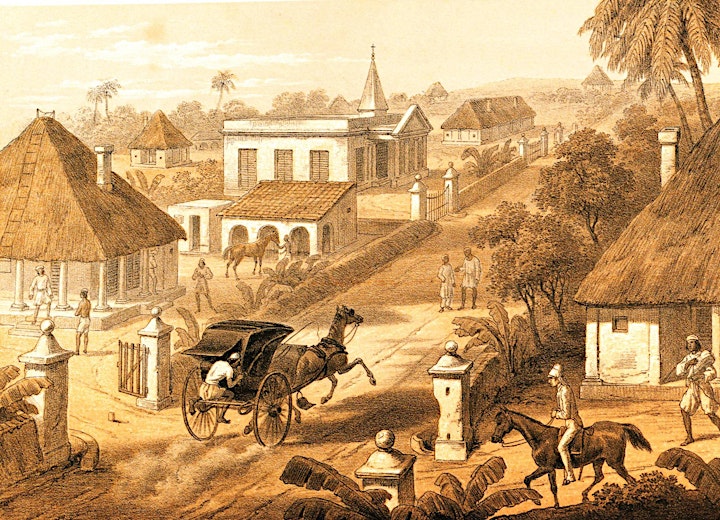State Space and Lived Lives in the Colonial Margins

The University of Melbourne, B120 Theatre, Glyn Davis Building (MSD), Masson Road, Parkville, Victoria, 3010, Australia
MapAbout the event
Spatial imaginations of colonial and/or imperial built environments, and particularly of colonial governmental architecture have frequently tended to form around iconic buildings and grand urban schemes. Yet colonial state space, as a type of infrastructure, was often far more dispersed, ubiquitous, and architecturally not spectacular. Colonialism operated as much through margins, capillaries, and insidious and ‘ordinary’ forms as through seemingly coherent, stable and consolidated centres. In addition, as the historian Ranajit Guha noted, “there is something uncanny about empire.” Landscapes of colonialism and imperialism were not reconciled for long to the 'abstracted condition' of mere territory, or even forts, barracks and offices. They became complex ‘life-worlds’ populated by people (both rulers and subjects), mobilised through practices and inhabited by lived lives.
About the speaker
Dr Tania Sengupta is Associate Professor of Architectural History and Theory at the Bartlett School of Architecture, University College London, and until recently held the position of Director of Architectural History and Theory there. She is presently Macgeorge Fellow at the Faculty of Architecture, Building and Planning, University of Melbourne. Having trained and worked as an architect and urban designer and taught in India, her present research focuses on architectural and spatial histories of South Asia through postcolonial and transcultural frames.
She explores themes such as architectures of (colonial) governance; provinciality and rural-urban relationships; spaces of domesticity; race and the built environment; gender and feminist spatial histories; questions of field and archive in architectural history; cities and spaces of everyday life; and social relationships of architectural knowledge and expertise. Her research on paper-bureaucracy and clerical life-worlds in relation to British colonial office architecture in India received the 2019 Royal Institute of British Architects (RIBA) President’s Medal for Research.
Dr. Sengupta is Co-Chief Editor of the journal Architecture Beyond Europe and co-curator of the curriculum Race and Space: What is 'Race' Doing in a Nice Field Like the Built Environment? (Society of Architectural Historians GB Colvin Prize shortlist 2021). She is an active member of several race-related and decolonial initiatives within and beyond UCL. Presently completing her monograph on spatial cultures of colonial provincial governance in India, she is also working in collaboration with Dr Stuart King of University of Melbourne on an edited volume entitled Reclaiming Colonial Architecture that looks at recent and present-day critical responses to material legacies of colonialism.
Dr Tania Sengupta is joining ACAHUCH for April of 2024, supported by the Macgeorge Bequest at the University of Melbourne.